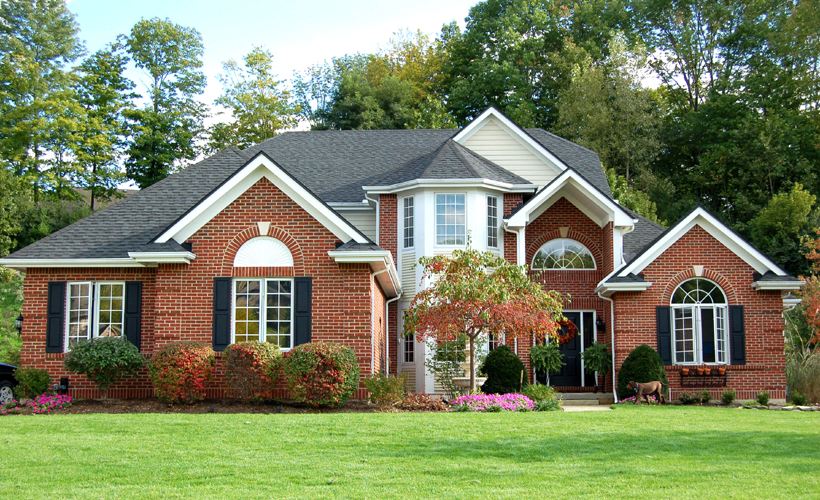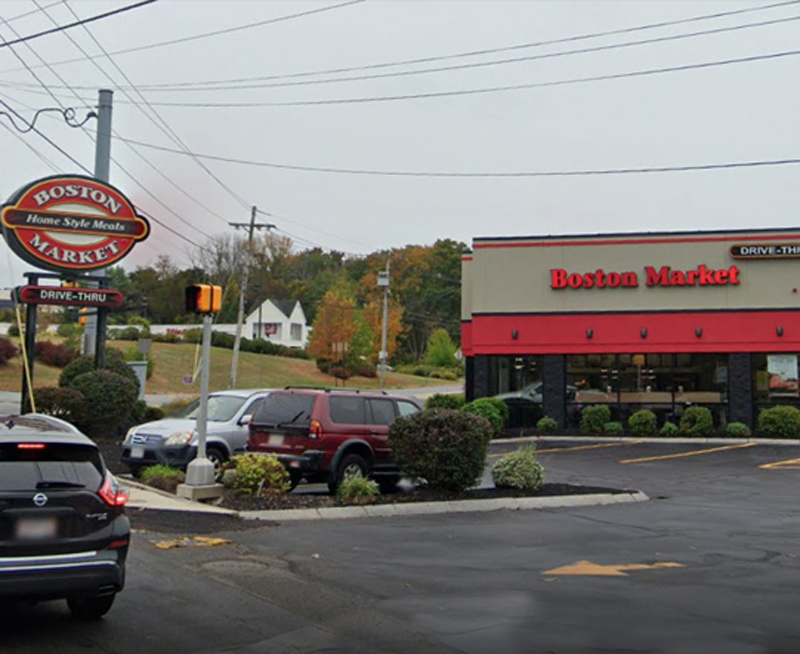North Andover general business district zoning refers to the process of designating specific areas of land for particular uses or purposes, typically governed by local or municipal governments through zoning regulations or ordinances. One of the commercial zones in North Andover is the General Business District which allows for certain types of businesses. These regulations are a fundamental part of urban planning and land use management and serve many important functions.
Zoning decisions are often made through a public process that involves community input, public hearings, and consideration of factors such as the comprehensive plan, neighborhood character, and the needs of the community. It’s important to consult with local zoning authorities and professionals, such as real estate agents, land use attorneys, or urban planners, when dealing with real estate transactions and development projects to ensure compliance with zoning regulations. North Andover commercial space for sale and lease.
The list of approved businesses in the North Andover General Business District zoning are listed below. North Andover zoning map.
North Andover Massachusetts
GENERAL BUSINESS DISTRICT
- A. Retail stores and wholesale stores, salesrooms, funeral parlors, showrooms or places for any professional, artistic or mercantile activity, not involving manufacturing; also, retail bakeries or retail confectioneries.
- Banks, offices and municipal, civic, or public service buildings, such as a post office, telephone exchange, Town offices, school, library, museum, place of worship, local passenger station.
- Hall, club, theater, or other place of amusement or assembly.
- Automobile service and filling stations, automobile storage and repair garages, including automobile body repairs and painting, and automobile sales agencies for new and used cars, provided there are not displayed or stored outdoors on such premises more than 25 automobiles or other vehicles.
- Restaurant, dining room or lunchroom.
- Residential use where such use is not more than 50% of the total floor space in the structure.
- Any accessory use customarily incident to any of the above permitted uses, provided that such accessory use shall not be injurious, noxious, or offensive to the neighborhood.
- Agriculture, horticulture, floriculture, viticulture or silviculture.
(1) Farming of crops and row crops, truck gardens, orchards, plant nurseries, and greenhouses.
(2) On any lot of at least three acres, the keeping of a total of not more than three of any kind or assortment of animals or birds in addition to the household pets of a family living on such lot, and for each additional acre of lot size to five acres, the keeping of one additional animal or bird; but not the keeping of animals, birds, or pets of persons not resident on such lot.
(3) On any lot of at least five acres, the keeping of any number of animals or birds regardless of ownership and the operation of equestrian riding academies, stud farms, dairy farms, and poultry batteries.
(4) The sale of products raised as a result of the above uses on the subject land.
- Day-care center by special permit.



 Randy Tibbetts is an independent real estate broker providing professional residential & commercial real estate services in MA
Randy Tibbetts is an independent real estate broker providing professional residential & commercial real estate services in MA